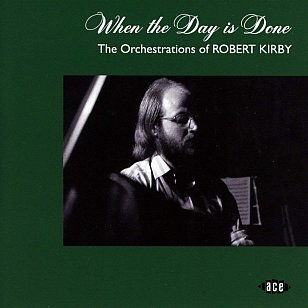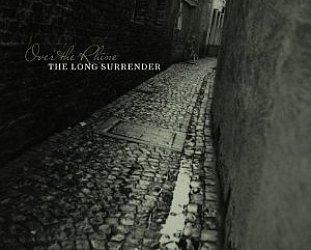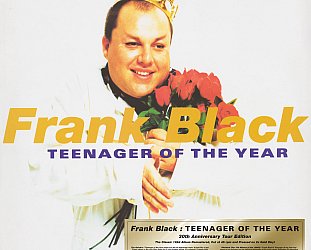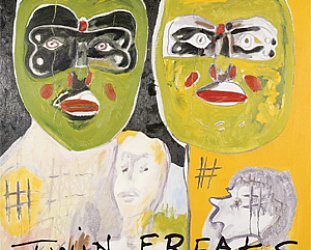Graham Reid | | 2 min read
Friend to Me, by Gary Shearston (1975)

Every five years or so venerable British music magazines like Mojo, Q or Uncut will feature Nick Drake in an extensive article to try to persuade – or remind – us of his genius, the most recent being Mojo in March on what would have been Drake's 70thbirthday.
Drake died in late '74 leaving just three rather beautiful folk albums recorded after mid '69, but despite the best efforts of those magazines his reputation has barely grown beyond a cult following although he has long been respected by many musicians.
So if Drake and the many compilations and reissues of his work can barely break the surface of wider acknowledgement then his collection is a heroic leap of faith because Robert Kirby greatest claim to attention was as the arranger/orchestrator of some of Drake's work.
So that's a probably tenuous connection for most people and, despite Kirby – who died in 2009 – later working with Elvis Costello, (Almost Blue), Paul Weller (Heliocentric), The Magic Numbers (Those Broke Bones), and both Teddy and Linda Thompson (on Upfront and Down Low for the former, Versatile Heart for the latter) these was a yawning gap in his career after the early Eighties (most artists in the post-punk era didn't require a string arranger) until the late Nineties.
His peak period was in the Sixties and early Seventies where – alongside the likes Paul Buckmaster, they both worked on Elton's Madman Across the Water – he made his name, mostly on albums by folk artists like Drake, Sandy Denny and Strawbs.
This 20-song collection picks up the elegance and drama of his work, opening with his orchestral Introduction to Drake's album Bryter Layter through John Cale's I Keep A Close Watch (from Helen of Troy which Cale didn't know had been released and clearly dismissed Kirby's work by re-recording the song later without any orchestration) and on to Tim Hart with Maddy Pryor (Dancing at Whitsun), Sandy Denny (a slow folk treatment of the old Silver Threads and Golden Needles) and Shirley Collins (Honour Bright) to Richard and Linda Thompson (First Light from Pour Down Like Silver)
The final tracks are Dana Gillespie's sultry and Europop-sounding What Memories We Make and Ralph McTell's anti-war Pick Up a Gun from the early Seventies. They confirm Kirby breadth, if nothing else.
Along the way however are artists who are even less well-known than these, like Scotland's Shelagh McDonald (her evocative Ophelia's Song), Vashti Bunyan who has been undergoing a living Drake-like rediscovery recently (Kirby's recorder arrangement on Rainbow River has a lovely courtly Elizabethan sound) and Spriguns whose White Witch is given a widescreen pastoralism.
These days arrangers are not in as much demand as they once were – Owen Pallett an identifiable name for his work with the Mountain Goats, Arcade Fire and others – but once upon a folksy time someone who could arrange for strings or choirs as Kirby could do, sometimes with a lushness that seems unfashionable today and perhaps even then, was integral to the final conception.
Nick Drake certainly thought so and Robert Kirby did the job on two of his three albums. Which counts for a lot. But if you are unaware of Nick Drake despite those magazines . . .
One for serious musicians to be seriously impressed by.





post a comment